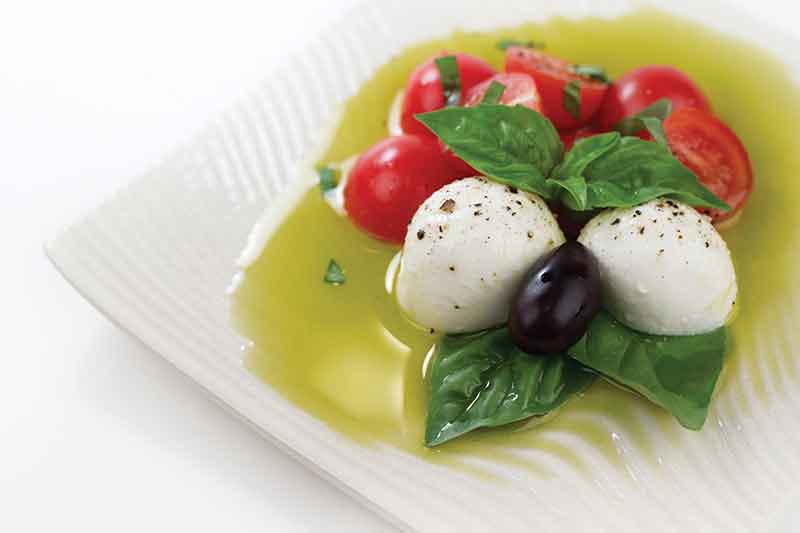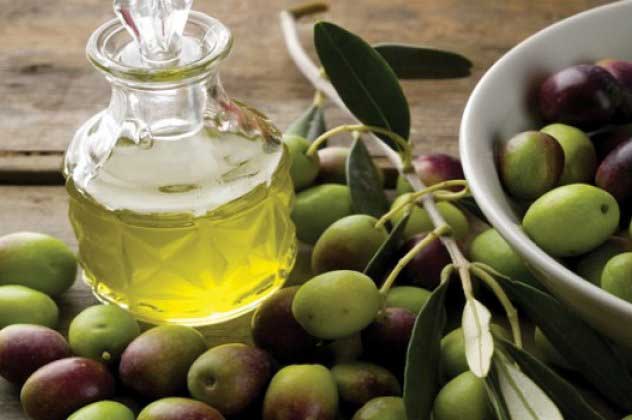Tasteful and healthy
Olive is a very Tasteful and healthy fruit classified as fruit of the Olea europea, a blessed tree that lives for hundreds of years and have been cultivated in parts of the Mediterranean sea for at least 5,000 years.

Olive is a very Tasteful and healthy fruit classified as fruit of the Olea europea, a blessed tree that lives for hundreds of years and have been cultivated in parts of the Mediterranean sea for at least 5,000 years.

Olives belong to a group of fruits called drupes. Other drupes commonly found in diets worldwide include the mango, cherry, peach, plum, apricot, nectarine, almond, and pistachio.
“Virgin” is not just another type of Olive Oil. Most people have no idea and some people have the wrong idea about the “Virginity” of Olive Oil. They believe that “Extra Virgin” is just Olive Oil with acidity bellow 0.8% and “Virgin”, bellow 2%. This is a wrong impression. In fact the term “virgin”, is what the word means. “Untouched”.
Virgin Olive Oil is the pure juice, that is extracted from the olives, with mechanical methods without any added substances. With no other intervention. All the other Olive oils are the result of chemical treatment of industrial olive oils (lampante-pomace) for refining them.